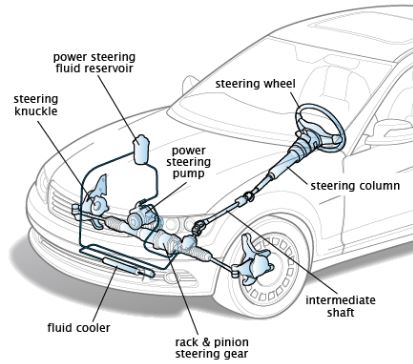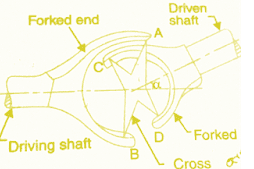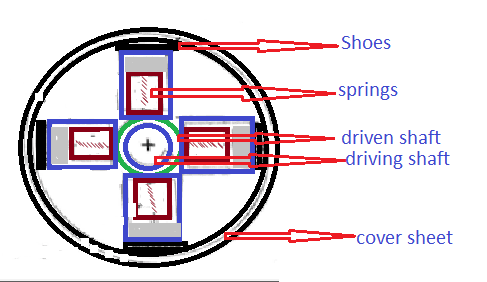What is Flux cored arc welding (FCAW)?
Flux cored arc welding, or FCAW for short is a type of automatic welder that uses consumable metal electrodes with flux around them. The process begins by heating up some pieces together until they become welded through their base metals and then adding shielding from an external source such as gas cylinder to protect against radiation exposure during creation phase when no pigments are used in production – making it safer than MIG (fully- Manual gases). FCAW does have its pros though! One major benefit being how easy this machine
can be set up; simply plugging
Working of Flux cored arc welding?
The welding power in Flux Core Arc Welding comes from a DC electric arc. The arc is between the continuously fed consumable filler wire and the workpiece. When the gun is struck, it creates a weld pool. The weld pool solidifies and bonds the workpiece. The process is less complex than other arc welding processes because it only uses DC power. AC or DC power supply is not required. This makes Flux Core Arc Welding an attractive option for many applications.
Advantages of Flux cored arc welding?
Flux cored arc welding is a type of welding that uses a flux-cored wire electrode to create an arc between the base material and the wire. FCAW is a versatile welding process that can be used on both ferrous and non-ferrous metals. The main advantages of FCAW over other welding processes are higher penetration, portability, and ease of use. FCAW is also more tolerant of contaminants than MIG welding, making it ideal for outdoor welding applications.
The advantages of Flux cored arc welding are that it has different ways for supplying shielding gas, which means you can choose the right atmosphere depending on your project needs. It also works well even when there’s wind because some its wires have low porosity levels and high deposition rates making them suitable in all kinds conditions- not just those with little breeze!
Disadvantages of Flux cored arc welding?
Flux-cored arc welding has several disadvantages compared to other welding processes. One is that slag must be regularly removed from the weld bead in order to prevent defects. This cleanup can be time-consuming, and if it is not done properly, it can result in poor weld quality. In addition, the flux used in FCAW can break down over time, resulting in toxic fumes. If these fumes are inhaled, they can cause serious health problems. Finally, FCAW is a semi-automatic process, which means that the operator does not have as much control over the weld bead. This can result in beads that are not as smooth or uniform as those made with TIG welding.
Applications of Flux cored arc welding?
Flux core arc welding (FCAW) is a versatile and popular welding method that has a range of applications in different industries. One of the main advantages of FCAW is its portability, which makes it ideal for general repairs. It can also withstand harsh outdoor conditions and weld ferrous metals effectively. Another key advantage of FCAW is its ability to produce welds with minimal porosity, which makes it ideal for the pipeline manufacturing industry. Additionally, the manufacturing industry uses FCAW welding extensively for automated welding operations, as it produces precise and consistent results. Finally, shipbuilding is another area where FCAW welding is used extensively due to its continuous electrode feeding capability.


